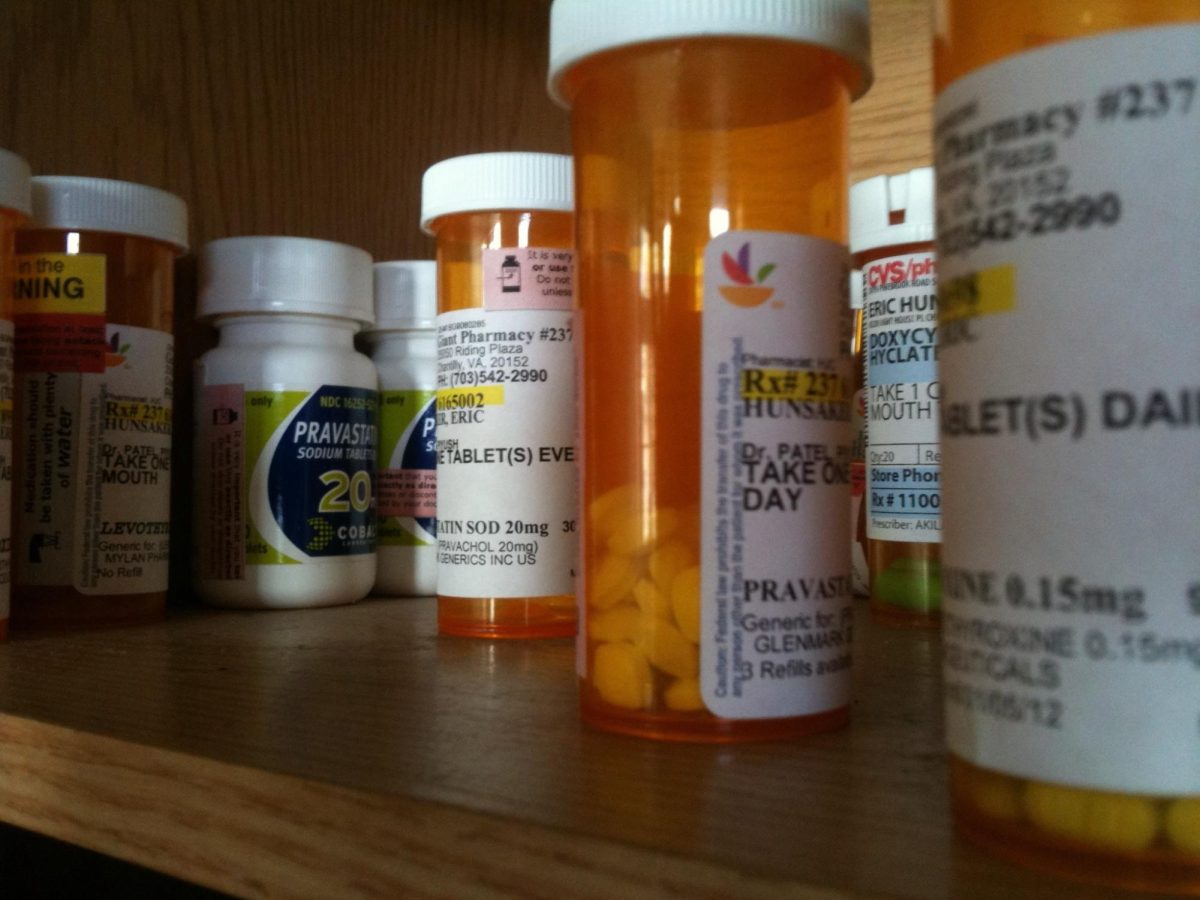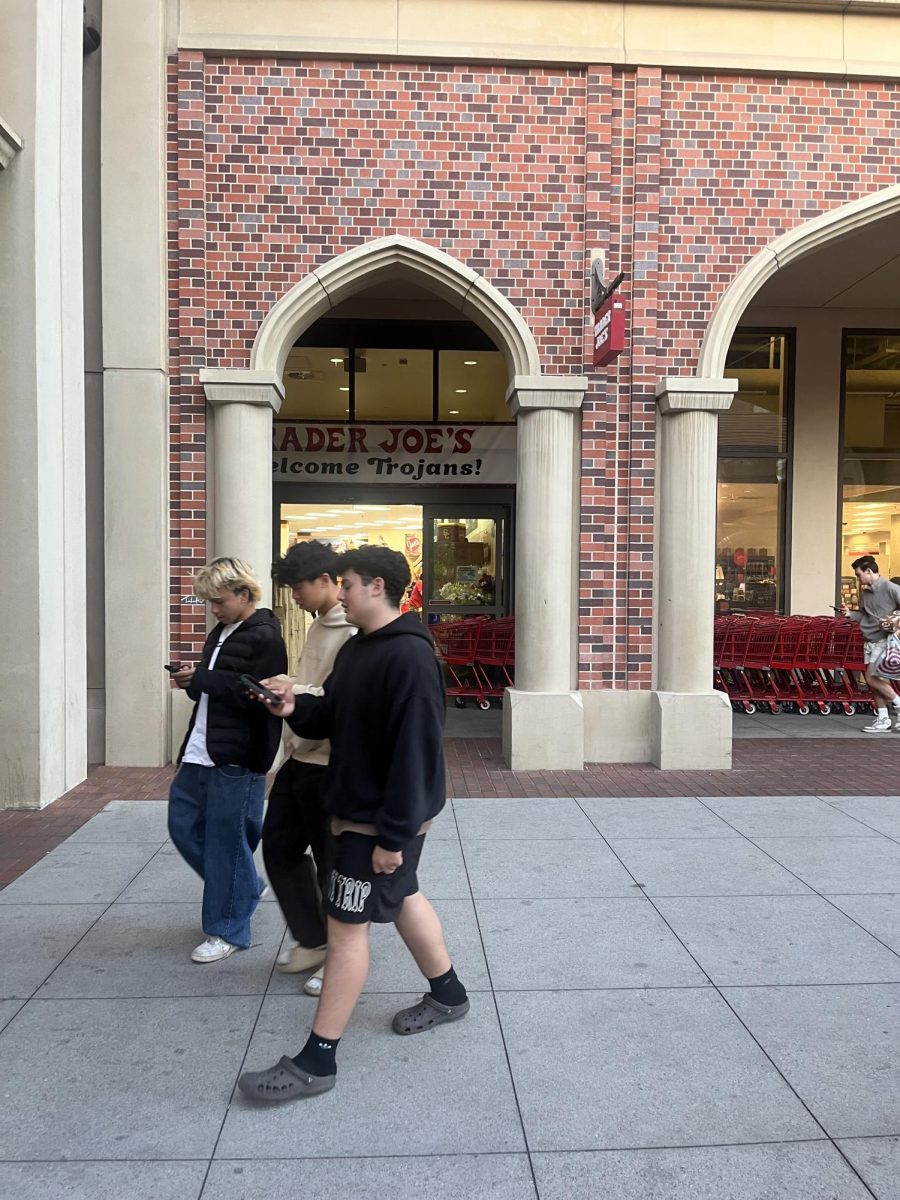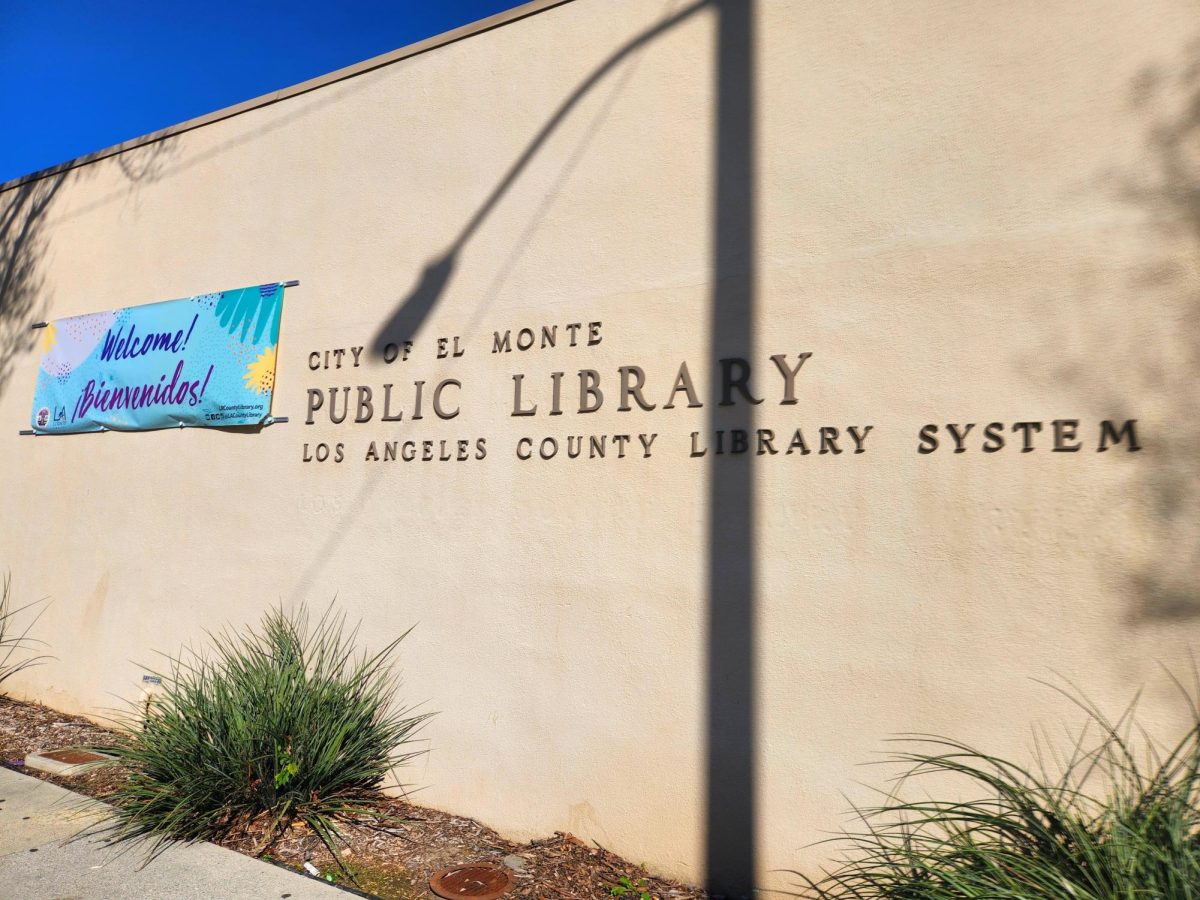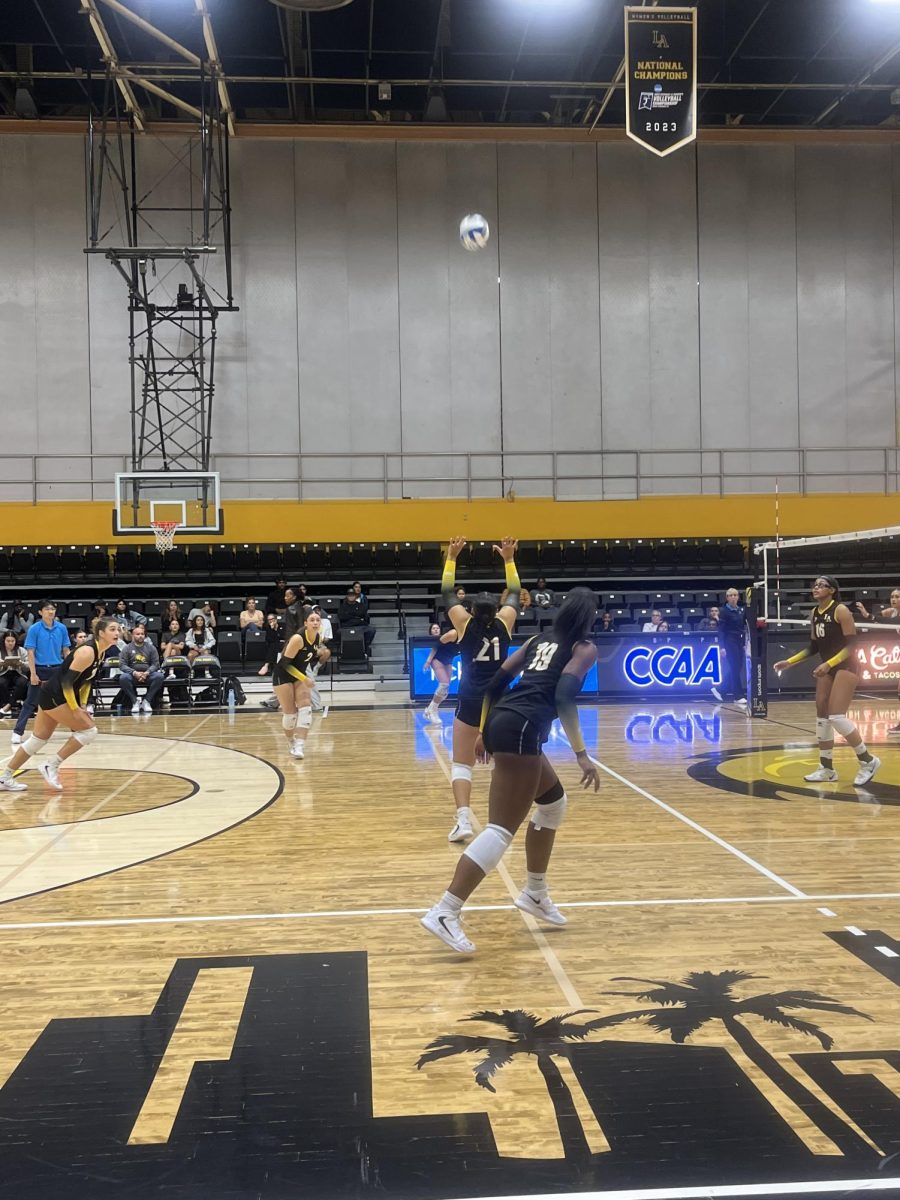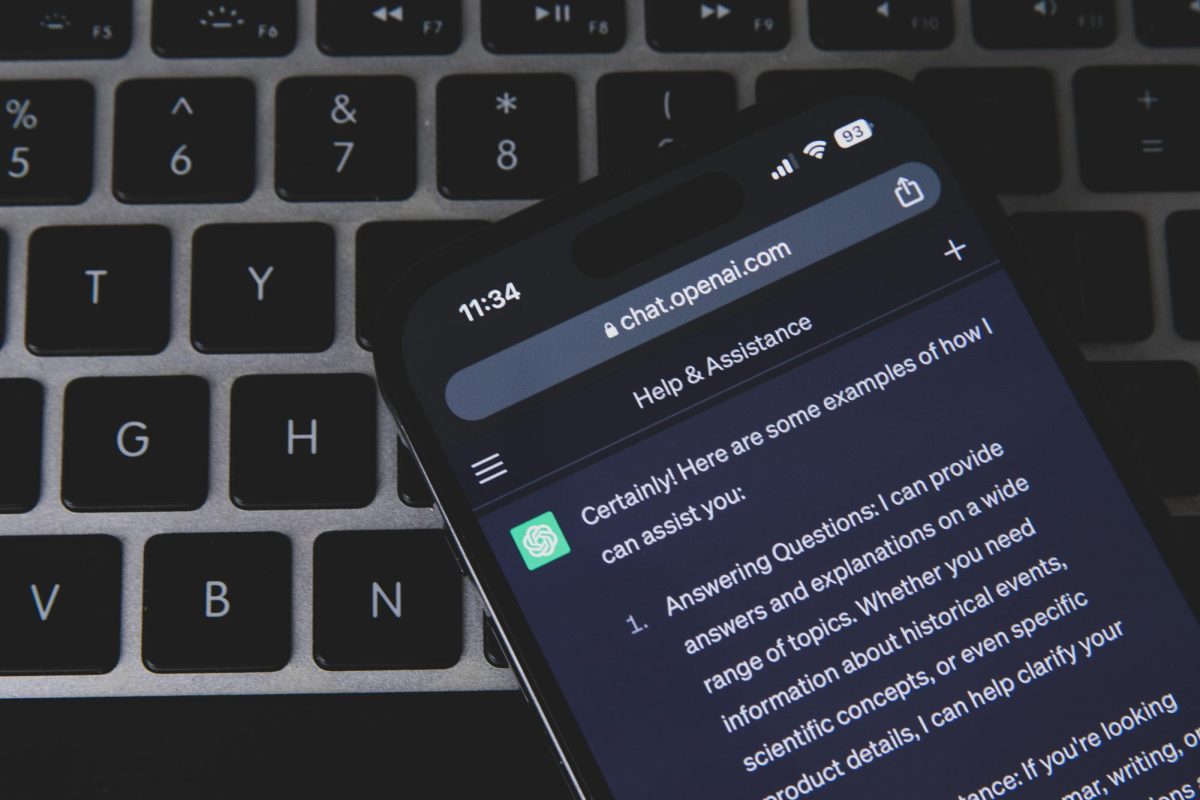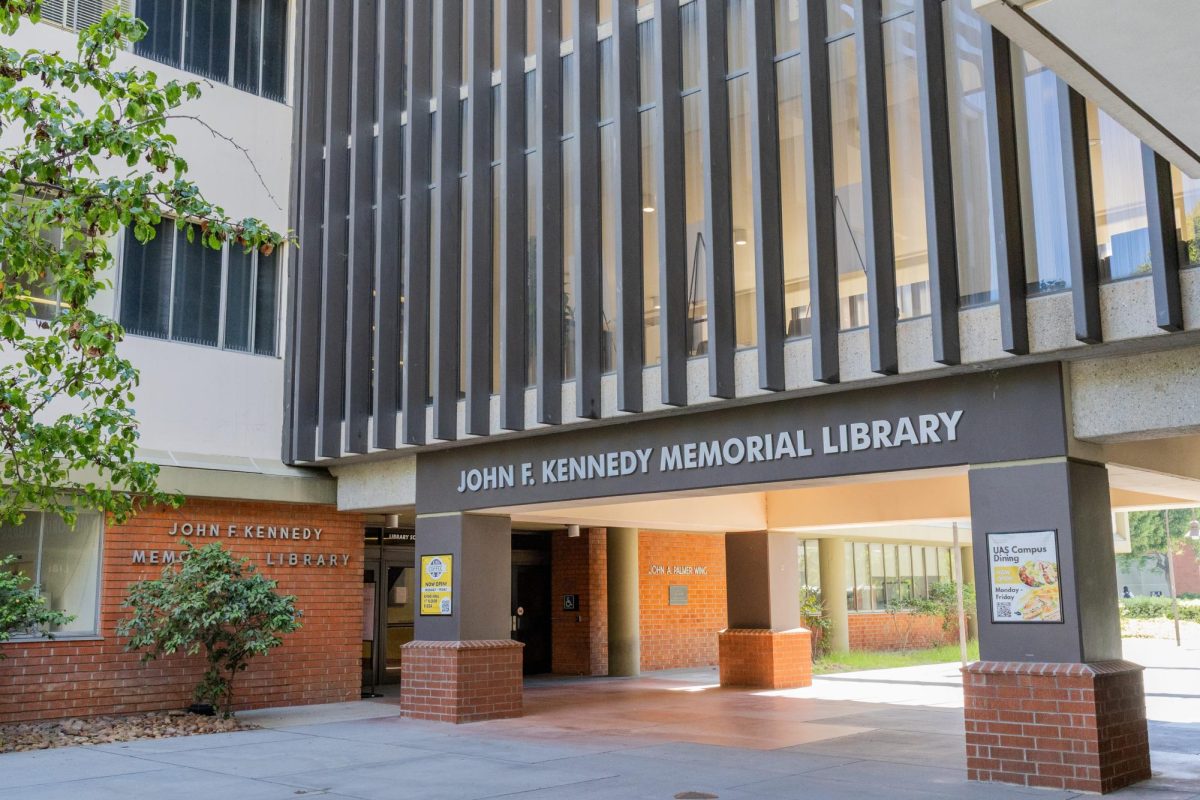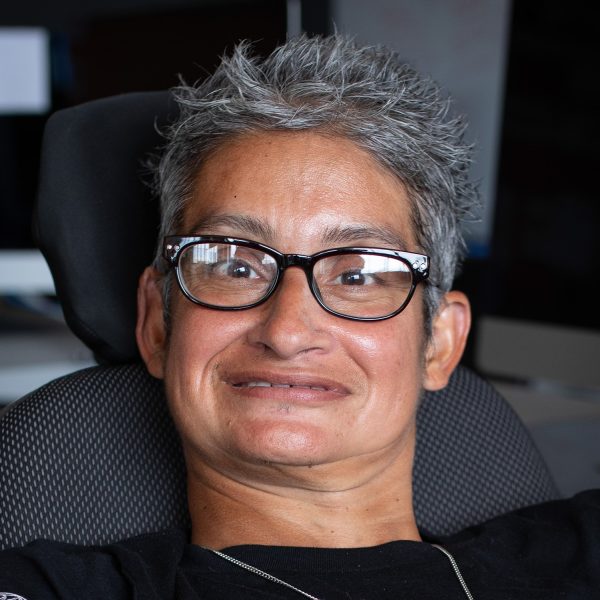Good healthcare can be tough to find in California. The cheaper the insurance, the less likely the patient will get the resources, medical supplies and prescription drugs they need to live their best life.
Proponents of Proposition 34 say the statewide ballot measure could help.
It would limit how certain healthcare providers spend money from a federally-funded prescription drug program and specifically, would require them to spend this money on “direct patient care.” This applies to major nonprofit organizations like the AIDS Healthcare Foundation and requires all state agencies to negotiate for cheaper prices for their medications.
Supporters of this measure say that the government gives funding and tax breaks to huge nonprofit healthcare providers and taxpayers deserve to know that the money is being used to assist patients that are in need. An investigation by UT Community News and Knock LA documented safety and other hazards at AHF buildings — even as it continued spending money purchasing more properties and donating to campaigns.
An AHF representative could not be reached for comment.
This proposition also authorizes statewide negotiation of Medi-Cal drug prices. Medi-Cal is the State’s healthcare plan to help people with lower- or limited-incomes to pay for medical services.
Former resident of Chino Hills, Greg Maris said he would vote yes on prop. 34 because he supports regulations that reign in healthcare providers’ costs and ensures they’re spent on important causes, including research for cures to cancer and other ailments.
“It is possible that the government is not willing to pay for cures but then it is possible that pharmaceutical companies are holding out to get more money.”
Some Eastside residents interviewed say the measure is extremely confusing while others acknowledged the impact of the proposition, but said they were either overwhelmed by the number of ballot measures and haven’t had time to research them — or they might not even go to the polls.
Jason Cranmer, a resident of Ontario, said the measures are complicated and take time to understand but once he learned about the potential impact of Prop. 34, he said it seemed like it could help consumers with their healthcare costs: “Cutting prescription drug costs for low-earning employees is a good thing.”
Norma Gutierrez, a Monterey Park resident, was among the over 70% of registered voters who didn’t vote in the March 5 primary election and she is seriously considering abstaining again.
“Politicians are going to do what they want to do whether people vote or not. So, why vote?”
Experts say low-income families and people of color are arguably disproportionately impacted by public policy and yet, ironically, they’re also among those who are least likely to know and understand the issues that are being voted on.
This article was cross published at Boyle Heights Beat website.

